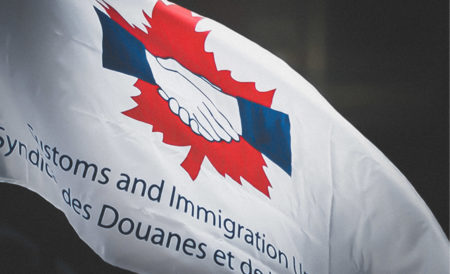Today, like in previous years at this time, social media is filled with discussions seeking to raise awareness about mental health issues and initiatives. Unlike previous years, however, challenges brought about by COVID-19 to both physical and mental health, on a scale rarely seen before, make it all the more important to reflect on the state of mental health support within the Canadian government and public service.
More so than usual, frontline and essential workers have spent the past months being confronted with exceedingly taxing situations, and the need for a robust and accessible service infrastructure cannot be understated if we wish to care for the mental well-being of Canadians everywhere – including in the workplace. Last year, the Mental Health Commission of Canada published a study showing that nearly 9 in 10 Canadians want increased funding for mental health. This year, from a law enforcement perspective, Statistics Canada released a report making it clear that the pandemic has had a significant impact on mental well-being of the Canadian population, with some police services reporting a 13% increase in well-being checks calls, and a 12% increase in mental health-related calls.
Beyond the concerns caused by COVID-19, and in addition to the need for general access to care, workplace culture also needs to foster mental well-being and not hinder it. Within CBSA, past employee surveys have shown a high level of dissatisfaction due to a psychologically unhealthy workplace. As a union, we’ve been vocal about the need for CBSA to address the many problems that plague the Agency when it comes to abuse of authority and harassment by managers.
You are not alone
When facing a difficult situation at work or at home, remember that you are not alone. People around you can be a source of support, and your union is there to assist you and help you find the resources you need. As CBSA employees, you can also contact Homewood Health for confidential assistance – be it for advice, counselling or treatment (for more information about Homewood Health and other resources, see our Mental Health page). PSAC has also published a list of resources to assist you if you feel overwhelmed, are struggling with stress, or are facing mental health difficulties.
Just like physical well-being, mental health matters, in any setting.







